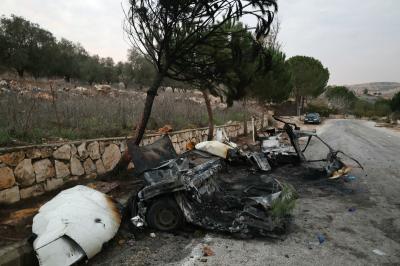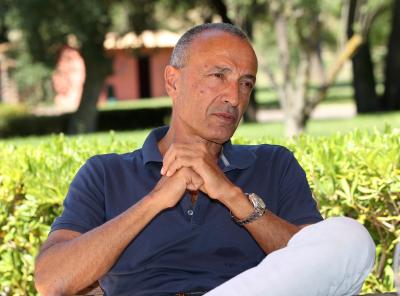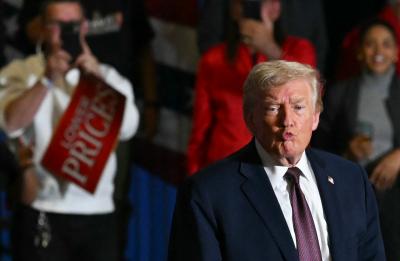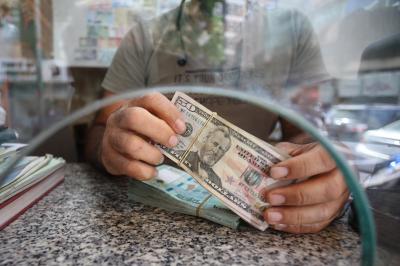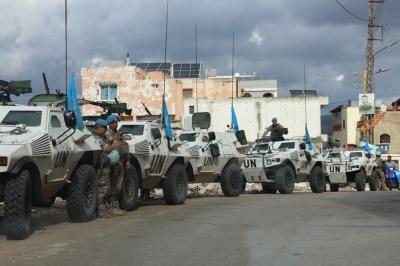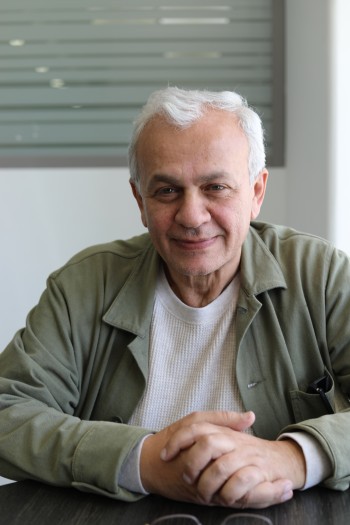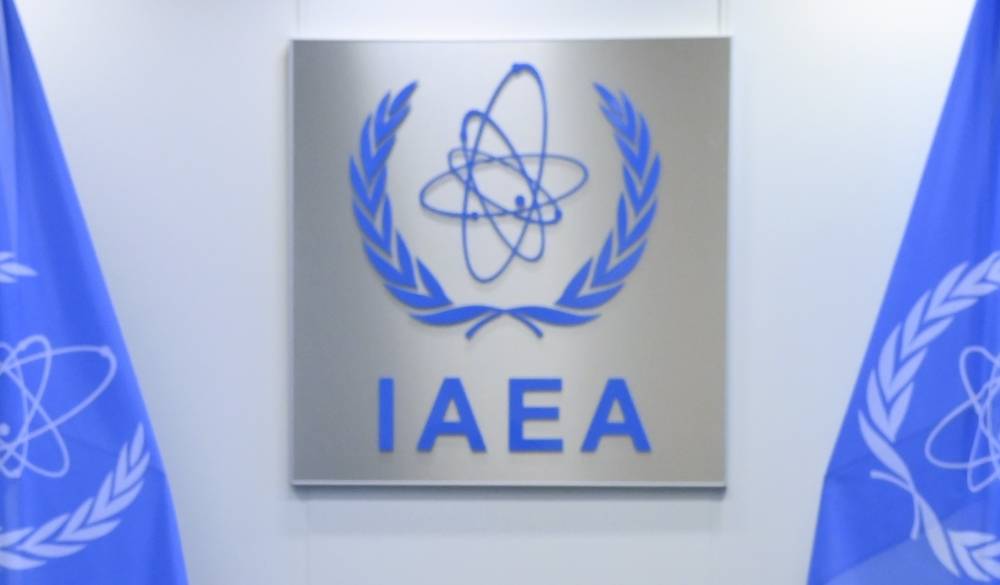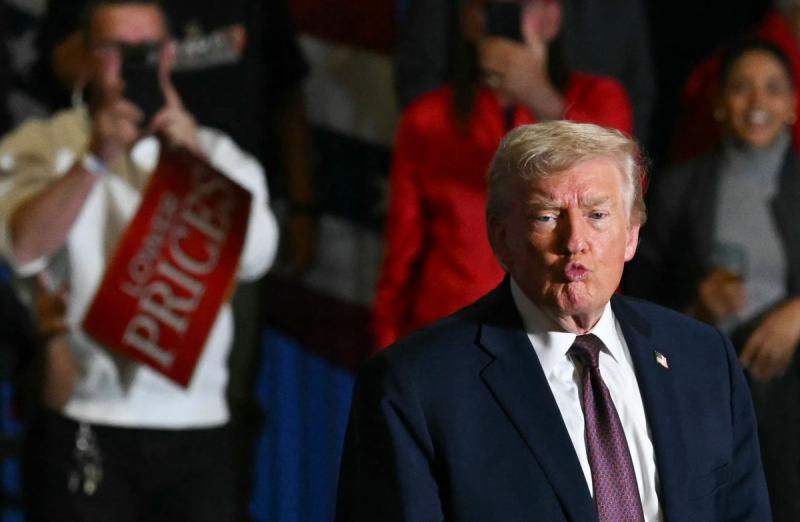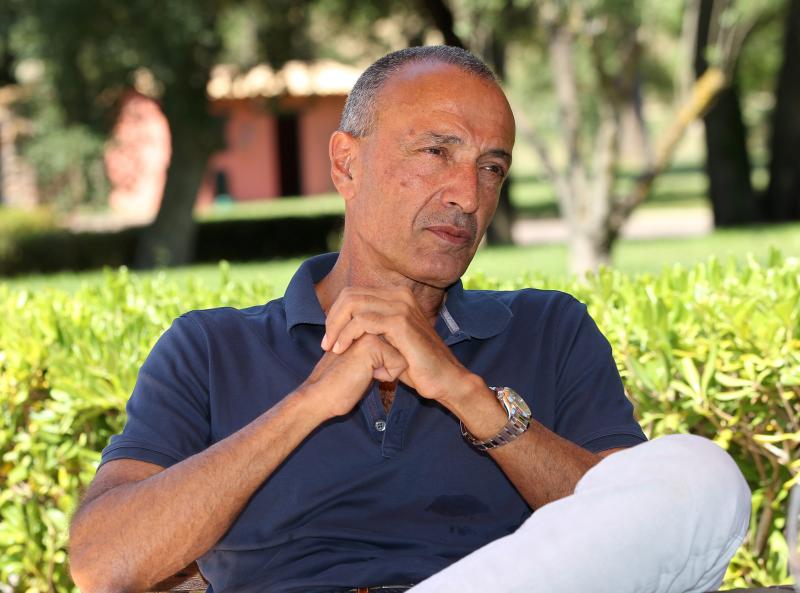Talks have centered on the possibility of a prisoner exchange with Iran, where three Iranian-American nationals are currently held. The success of such an endeavor could create a favorable atmosphere for potential nuclear negotiations and pave the way for developments of pivotal importance.
The context and rapid meetings hint at a renewed commitment to resolve the Iranian nuclear crisis before it escalates into a regional flare-up.
According to the Financial Times, the US special envoy for Iran, Robert Malley, has had repeated meetings with the Iranian envoy to the United Nations, Amir Said Iravani, who held a high-ranking position in the Iranian Supreme National Security Council before being posted to New York last summer. Neither party has denied this information. These talks are seen as the first direct contact between American and Iranian officials since former U.S. President Donald Trump decided in 2018 to withdraw from the nuclear deal with Tehran and the world powers, known as the Joint Comprehensive Plan of Action, and impose a long list of sanctions on the Islamic Republic. In response, Tehran significantly ramped up its uranium enrichment program, triggering one of the most complex global crises.
The discussions have primarily focused on the potential for a prisoner exchange with Iran, which currently holds three Iranian-American nationals. If successful, such an exchange could foster a conducive atmosphere for any nuclear discussion and pave the way for weightier issues.
This significant development is inextricably linked to a critical political context, coinciding with the extraordinary visit of Sultan of Oman, Haitham bin Tariq, to Tehran, where numerous bilateral and regional issues were addressed. A noteworthy element was the presence of Iran's chief negotiator, Ali Bagheri Kani, at the meetings between Sultan Haitham, Iran's Supreme Leader, and President, giving the impression that these discussions are related to the nuclear deal and efforts to unlock Iran's frozen assets abroad. It is also important to note the mediation role played by the Qatari government in this same direction, albeit not overlapping with Omani initiatives. Observers are convinced that the prisoner exchange deal, especially with Americans, is on the verge of being finalized, while the issue of frozen Iranian funds is progressing toward a solution, albeit slowly due to the firm stance of the US Treasury Department, in line with a Congressional decision.
Meanwhile, Iranian affairs experts such as Andrew England, Felicia Schwartz, and Najmeh Bozorgmehr confirm that Washington and key European capitals have resumed discussions on how to handle Iran's nuclear activity, fearing it might trigger a full-blown conflict between Iran and Israel as the West is already engaged in the war in Ukraine and dealing with conflict with China. This step represents a shift in Western mindset and confirms fears of the crisis escalating, as Tehran has enriched uranium to levels alarming US officials in recent months, indicating that Iran could produce enough material for a nuclear weapon in less than two weeks. This situation is coupled with Israel's threat that it will stop at nothing to prevent Iran from developing a nuclear weapon, including resorting to total war.
Regardless, signs of flexibility are emerging in the American position, driven by both internal and external factors, related to ongoing developments in the Middle East and worldwide. Joe Biden seems determined to strike a deal before next year's presidential elections, so he can claim his administration's success in reintegrating Iran into the international community, where Trump failed. Simultaneously, Washington is concerned about the prospect of a new flare-up of tensions in the Middle East, a situation detrimental to it, especially since its military bases in the region could be exposed to Iranian action. Concerns also extend to the deepening military cooperation between Iran, Russia, and China, particularly following the influx of Russian military technology to Tehran, including the Sukhoi-35 fighter jets, in exchange for Tehran supplying highly effective combat drones to Russia in the context of the conflict in Ukraine. A potential new deal between Washington and Tehran could help untangle Russia and Iran's military ties.
In addition, the new proposal for the "Comprehensive Joint Plan of Action" would strengthen Washington's and its Western allies' gains in key economic, commercial, and scientific sectors in Iran, especially considering the uncertainty about Iran's future trajectory after the Ayatollah Khamenei era. Conversely, Tehran is sending a message to the West through its agreement with Saudi Arabia and other Arab countries, asserting itself as a "moderate country" seeking stability and open to dialogue. Indeed, Tehran has scaled back its support for the Houthis in Yemen, as well as for Hamas and Islamic Jihad in Gaza, and has released Western hostages, thereby expressing its commitment provided other parties do the same and its willingness to respond positively if the other parties are receptive.
It may be that no new comprehensive nuclear deal is on the horizon, but the dominance of non-escalation between the two parties is noteworthy, barring any surprises, the most dangerous of which would be an imprudent reaction from Benjamin Netanyahu's government, which has long been waiting for a meeting with the US administration, unhappy with its policies and extremist directions. The announcement between the US and Iran could take the form of an interim "freeze for freeze" agreement, implying that Iran reduces its uranium enrichment levels in exchange for the lifting of sanctions by Washington and Western countries. Regardless, such an agreement would constitute a further step forward in the ongoing developments in the region, infusing a sense of relief and hope into this war-torn region for the first time in decades.
Please post your comments on:
[email protected]
 Politics
Politics
